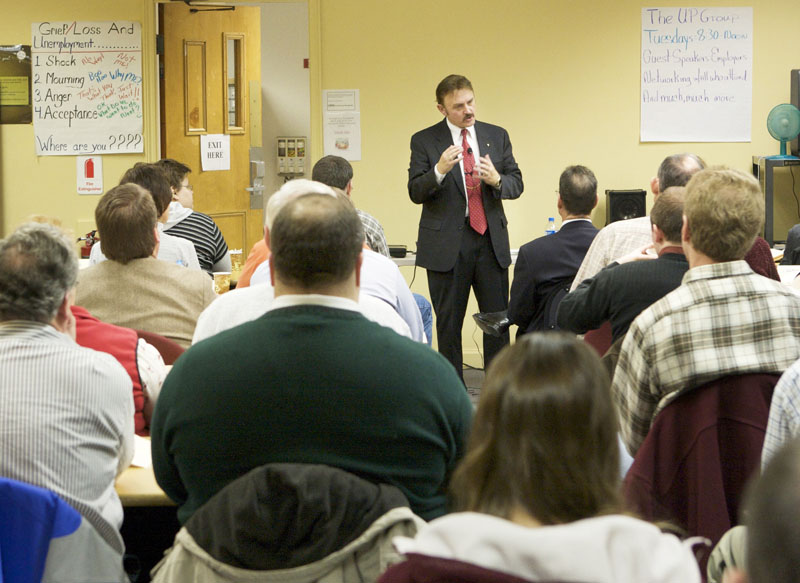So, the “Great Recession” has come to an end. That news may have come as a surprise to those who measure the economy’s health by unemployment rates, housing starts or other general measures of prosperity that currently are “lagging indicators” — economic sectors that still fall behind overall growth.
It might be even more of a surprise to such observers that the downturn didn’t end last month or last quarter, but in the middle of last year.
According to the Business Cycle Dating Committee of the National Bureau of Economic Research, the government body that officially determines the duration of business cycles, the recent recession began in December 2007 and ended 18 months later, in June 2009. That makes this downturn the longest since the Great Depression of the 1930s, when unemployment bottomed out at 25 percent.
How bad was the most recent recession? Well, with overall GDP hitting minus 4.1 percent at its depth, it recorded the greatest decline in output since the Depression, too. In all, 7.3 million jobs disappeared and Americans saw their total net worth — the value of investments, home values, savings, etc. — fall by 21 percent.
And experts are saying that the jobless rate may not fall to pre-recession levels for another three years or so, even though the stock market, existing-home sales and corporate earnings have put the overall economy on an upward path again.
Certainly many Americans remain pessimistic about their own prospects, no matter what the overall statistics say. Many workers, especially ones in their 50s and older, fear, in the words of a recent New York Times story, that “they may be discarded from the work force — forever.”
How that demographic — 2.2 million Americans out of the 14.9 million currently listed as unemployed — view the future will by itself have considerable impact on public policy in the current election and perhaps well beyond it.
There’s no doubt it’s good news that the GDP is growing again, and that fears of a “double-dip” new recession appear to be fading.
But far too many people need jobs for our public and private leaders to become complacent about spurring growth, in whatever form such actions take after Nov. 2. That, after all, is what elections are all about.
Send questions/comments to the editors.



Success. Please wait for the page to reload. If the page does not reload within 5 seconds, please refresh the page.
Enter your email and password to access comments.
Hi, to comment on stories you must . This profile is in addition to your subscription and website login.
Already have a commenting profile? .
Invalid username/password.
Please check your email to confirm and complete your registration.
Only subscribers are eligible to post comments. Please subscribe or login first for digital access. Here’s why.
Use the form below to reset your password. When you've submitted your account email, we will send an email with a reset code.